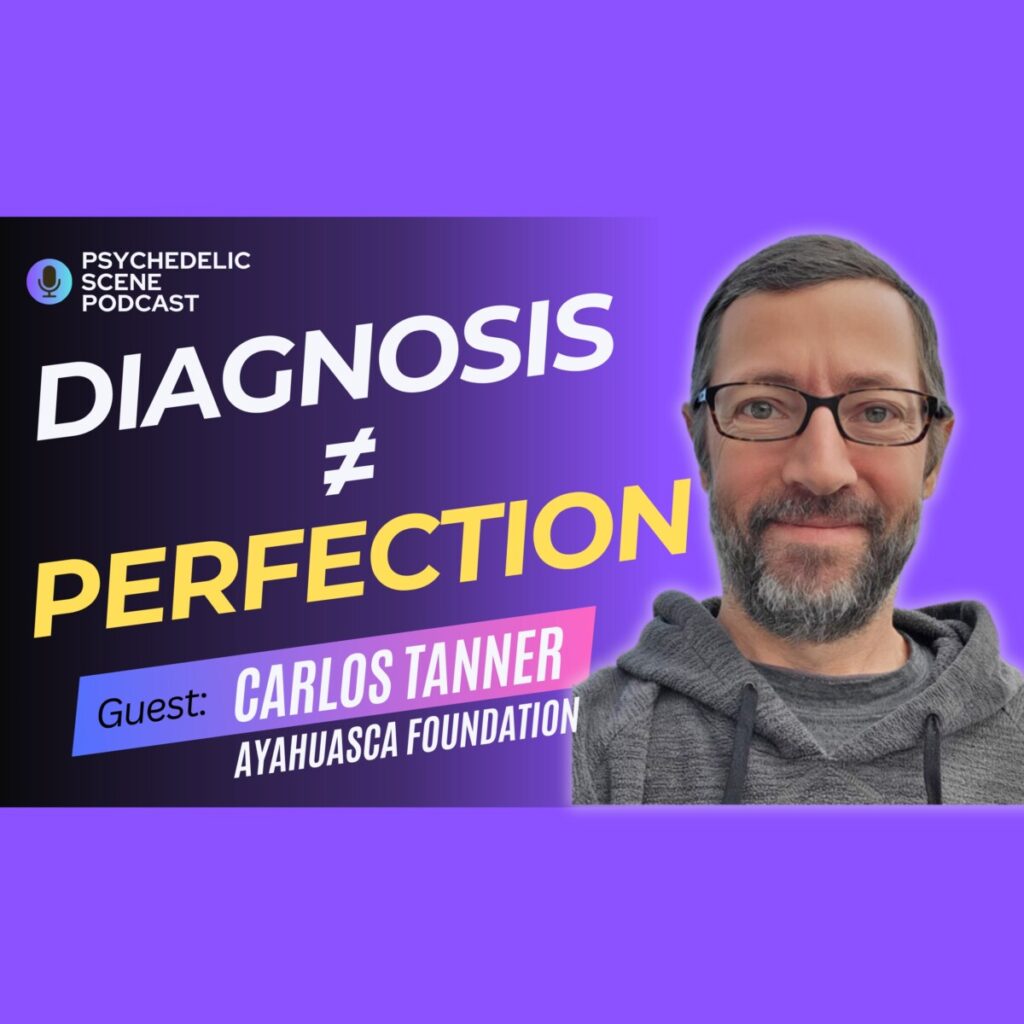Transforming Minds
Transforming Minds
The Impact of Psychedelic Therapy on Mental Wellness
The pursuit of mental wellness has long been a complex journey, riddled with trial and error, particularly for those battling depression and anxiety. Today, an old yet innovative approach is making waves in mental health care: psychedelic therapy. This promising field, harnessing substances like psilocybin and MDMA, is not only redefining possibilities but also challenging our understanding of the mind and its healing potential.
The Neurological Mechanisms of Psychedelics
You might wonder how substances associated with vivid hallucinations and profound insights could alleviate conditions as debilitating as depression and anxiety. Psychedelics like psilocybin and MDMA work by inducing significant changes in brain activity. They enhance neuroplasticity, allowing your brain to form new connections and pathways, which can break the cycle of depressive thoughts and behaviors. These substances also alter serotonin receptor activity, which plays a crucial role in mood regulation. This dual impact on neuroplasticity and serotonin not only explains the potential for immediate relief from symptoms but also why the effects can be long-lasting, fundamentally altering how your brain processes emotional information.
Breakthroughs in Clinical Trials
Recent clinical trials have brought compelling evidence to light, showcasing the therapeutic potential of psychedelics. Studies reveal that psilocybin can offer significant relief in cases of treatment-resistant depression, a condition notoriously difficult to manage. Meanwhile, MDMA-assisted therapy has shown great promise in treating PTSD, offering hope where traditional treatments have failed. These findings underscore not just the efficacy of psychedelics in treating mental health conditions but also their potential to transform lives by healing underlying emotional traumas rather than merely suppressing symptoms.
Related: The Centrality of Set and Setting
Image by Pexels
The Critical Influence of Set and Setting
Your experience during psychedelic therapy is profoundly influenced by your environment and mindset.’ This aspect of therapy is so crucial that it can determine the success of the treatment. Trained facilitators work to create a safe, supportive space where you can explore your thoughts and emotions without fear. Preparation sessions help establish trust and build your readiness for the experience, while integration practices assist in making sense of the insights gained and applying them to everyday life. This careful orchestration of set and setting ensures that psychedelic therapy is not only effective but also a transformative journey that respects your mental and emotional boundaries.
Navigating Legal and Accessibility Hurdles
Despite the promising results, accessing psychedelic therapy involves navigating a labyrinth of legal and accessibility challenges. Currently, substances like psilocybin and MDMA are classified as Schedule I drugs in many regions, which complicates their use in clinical settings. This legal status bars many from benefiting from these breakthrough therapies. However, movements toward decriminalization and potential legalization are gaining momentum, which could pave the way for more widespread use and research, eventually making these treatments more accessible to those in dire need.
Envisioning Psychedelic Therapy Through Video
Try capturing the transformative power of psychedelic therapy for depression and anxiety through a video. By making a video fast with a free online video maker, you can visually walk through each stage, from the initial consultation to the profound integration phase post-session. Expert interviews and illustrative graphics in this video would clarify the complex therapeutic process, offering insights into the significant healing benefits. This resource could be invaluable if you consider this unconventional treatment path.
Ethical Considerations in Psychedelic Therapy
As with any emerging medical treatment, psychedelic therapy raises important ethical questions. Ensuring informed consent, respecting cultural heritage associated with these substances, and providing equitable access to treatments are paramount. Researchers and therapists are deeply committed to addressing these issues, striving to develop guidelines that honor both the powerful effects of psychedelics and the rights and dignity of those seeking healing. Their ongoing efforts are crucial in establishing psychedelic therapy as a credible and ethical treatment option within the broader mental health community.
Imagine a future where psychedelic therapies are as routine in mental health treatment as antidepressants are today. As research progresses and legal barriers begin to fall, the potential of psychedelics to revolutionize the way you manage your mental health becomes clearer. These treatments offer more than mere symptom relief; they promise a profound journey into the depths of your mind, illuminating paths to recovery that were once thought impossible. The evolving acceptance and understanding of psychedelic therapies might soon place them at the forefront of mental health solutions, changing lives and healing minds. This shift towards more holistic and transformative approaches to mental health care not only sparks hope but fosters a more profound comprehension of the healing process. In this new era, achieving mental wellness is not just a possibility but a sustainable reality.
Gallery
Recent Articles

Loading...



